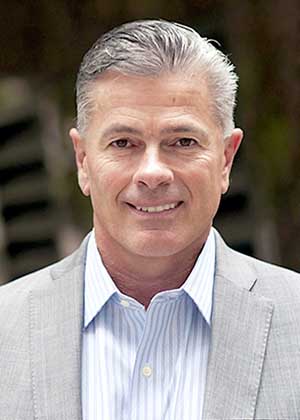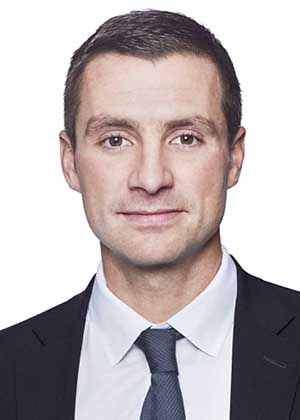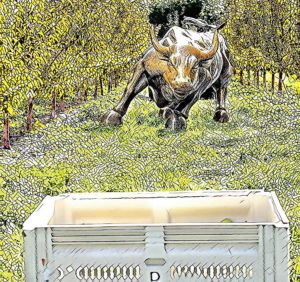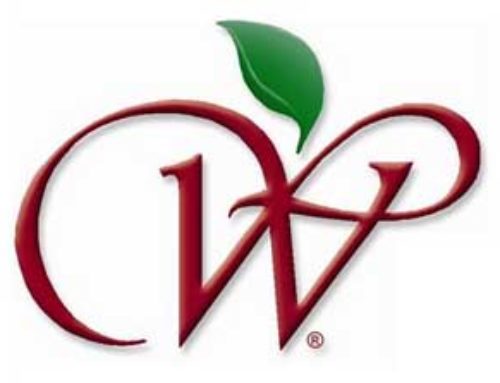The next few years will be tumultuous for the tree fruit industry, but it will emerge stronger and more profitable on the other side. Investors continue to bet on it.
That point was made by multiple speakers during “Current Mergers and Acquisitions Trends in Tree Fruit,” a virtual session held during the U.S. Apple Association’s 2020 Apple Crop Outlook & Marketing Conference. Session panelists represented different parts of the private equity industry, all of whom work with the tree fruit industry in the Pacific Northwest, said session moderator Nate Fulton, agribusiness practice director with the insurance brokerage PayneWest Insurance.
The panelists shared the positives of partnering with private equity, and they shared the investor perspective on the current state of the tree fruit industry.
“Industry headwinds” — price pressures, increased labor costs, the need for stronger markets, trade tensions, the value of the dollar and, now, the pandemic — are making things tough for tree fruit right now, but the long-term underpinnings of the economy are strong. After a few uncomfortable years, the tree fruit space will emerge in a strong position, said Toby McKay, vice president of International Farming Corp., an institutional asset manager based in North Carolina.

Long-term consumption trends for apples and cherries are clear and positive. Foreign purchasing also is expected to rise, said Matthew Corbett, founding partner of Fiera Comox, an investment management firm based in Montreal, Canada.
Michael Butler, co-founder and chairman of the Seattle-based investment bank Cascadia Capital, said the large, vertically integrated tree fruit organizations and the small niche organizations will emerge in stable positions, while midsize firms look vulnerable.
McKay said the Washington state fruit industry will continue to consolidate, a process that will probably accelerate in the next five to 10 years. Family farm owners feel the weight of financial constraints and an increasing need for capital.
“Consolidation is necessary for the long-term success of the industry, but it’s not for the meek or faint of heart,” McKay said. “If you are going to be an institutional investor in this space, there will be some ups and downs.”


For the U.S. tree fruit industry, most private equity investments center on the large organizations in the Pacific Northwest, where there’s been an uptick in investment activity in the last several years. Investments range from full acquisition to a minority stake in a tree fruit company. From an investor’s point of view, tree fruit is a desirable category. Tree fruit companies are considered well-run organizations with multigenerational track records of success, agricultural land is considered a reliable long-term investment, and a growing population will always need high-quality food, Fulton said in an interview with Good Fruit Grower magazine.
For owners of tree fruit companies, partnering with private equity investors brings many advantages. It’s one way to help finance capital expenditures such as building or upgrading facilities, or redeveloping or expanding orchards. Private equity firms can also bring more than just capital: They offer management expertise and market connections, Fulton said.
He noted that private equity is simply one source of capital. Many privately held tree fruit organizations prefer to retain full ownership of their businesses and pursue capital through more traditional debt markets. The decision to potentially partner with a private equity firm requires significant due diligence on both sides, to ensure a good cultural and organizational fit.


There’s a big difference between an outright acquisition of a company versus an equity partnership, Corbett said. Acquisitions can sometimes be antagonistic, whereas equity partnerships are often more collaborative.
But even a full acquisition requires a certain level of partnership, Butler said.
“Any smart buyer will not buy if the management team isn’t going to stay on,” Butler said. “These are tough businesses to run. Most investors want the original management team to have skin in the game.”
Cascadia Capital believes inflation will return soon. Permanent crop land is considered a great hedge against inflation, a fact that might cause more long-term investors to migrate to the tree fruit industry, Butler said.
Private equity investment also can aid the family ownership transition process — by making sure the company is well-positioned for the next generation, said panelist Baptiste Tellier, director of Fall Line Capital, a private investment group based in California.
Tellier’s advice for tree fruit companies considering partnerships with private equity investors: Make sure both parties share a vision for the future.
“Don’t be afraid to ask questions,” he said. “Things will derail really fast if you don’t.”
—by Matt Milkovich







Leave A Comment